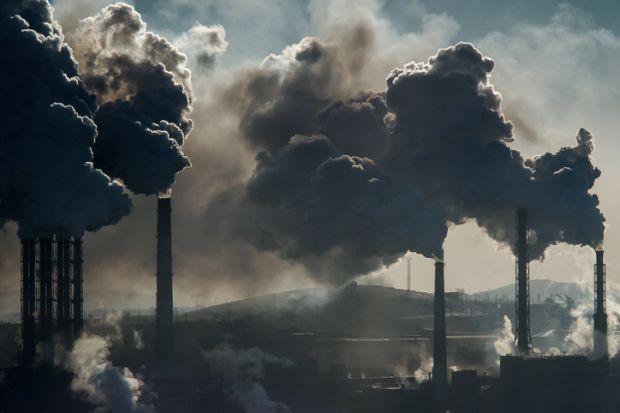Universities have been too slow to shift the focus of energy-related degrees towards renewables, contributing to a growing skills shortage when the climate crisis demands a rapid transition away from fossil fuels, researchers have warned.
Scholars who examined data on 18,400 universities in 196 countries found that 68 per cent of energy degrees focused on fossil fuels and only 32 per cent on renewables.
While the number of degrees in renewable energy has grown significantly, from 95 in 2009 to 653 in 2019 – across 247 universities – this remains far smaller than the total of 1,372 fossil fuel-related degrees offered by 546 universities.
The paper by researchers at the Norwegian Institute of International Affairs (Nupi), published in Energy Research & Social Science, is based on data from the International Handbook of Universities, published by the United Nations Educational, Scientific and Cultural Organization.
It says that at the current rate of change, degrees in renewable energy will not fully replace fossil fuel courses until 2107, “which is incompatible with climate change mitigation goals under the Paris Agreement”.
Authors Roman Vakulchuk and Indra Overland found that there are 33 universities worldwide dedicated entirely to fossil fuels, with 10 opening in the past decade alone. In contrast, just two focus entirely on renewable energy.
And, while six in 10 energy degrees in Asia-Pacific focus on renewables, around half in North America, and just shy of that level in Europe, the fossil fuel share in regions including Africa, the Middle East and Eurasia is much larger.
The authors warn that graduates with fossil fuel degrees are more likely to support carbon-intensive agendas, but risk being left with obsolete skill sets as the world transitions towards clean energy.
Dr Vakulchuk, head of the research group for climate and energy at Nupi, said that the shift might be being slowed by the entrenched interests of fossil fuel producers, which provide funding for universities and wield influence through seats on institutional boards.
“Universities face almost no pressure to change their educational content, faculties and degree programmes. No one talks about phasing out degrees in fossil fuels at the time when many countries in the world are struggling to transition to renewable energy because of the shortage of skilled clean energy labour,” Dr Vakulchuk said.
“In my view, this is a worrying trend and this needs to change.”
The authors recommend that universities should close fossil fuel programmes and replace them with degrees in renewable energy. Failure to do so, Dr Vakulchuk said, “may jeopardise the energy transition”.
Register to continue
Why register?
- Registration is free and only takes a moment
- Once registered, you can read 3 articles a month
- Sign up for our newsletter
Subscribe
Or subscribe for unlimited access to:
- Unlimited access to news, views, insights & reviews
- Digital editions
- Digital access to THE’s university and college rankings analysis
Already registered or a current subscriber? Login








